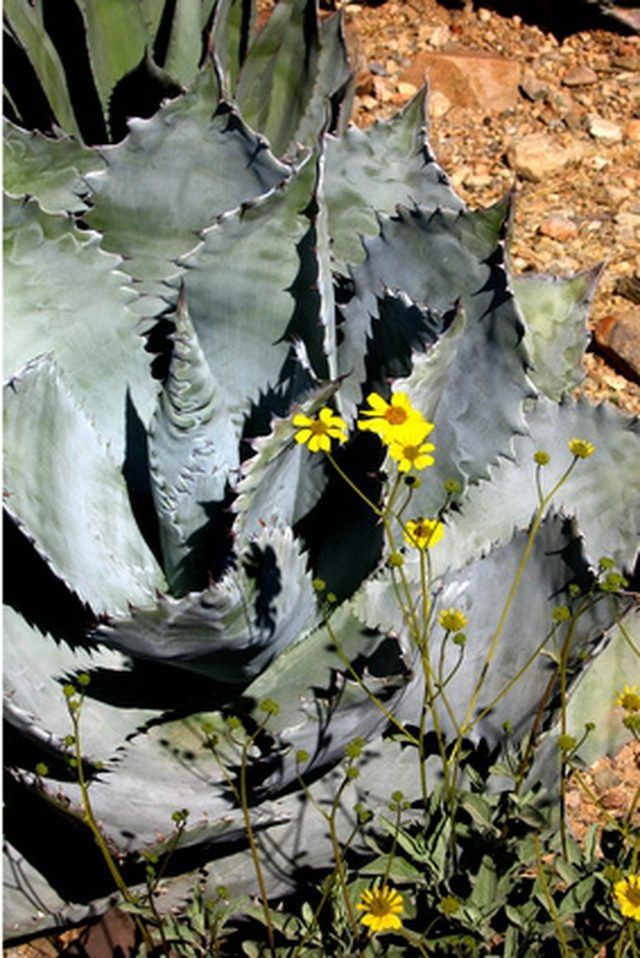Bulbs
Flower Basics
Flower Beds & Specialty Gardens
Flower Garden
Garden Furniture
Garden Gnomes
Garden Seeds
Garden Sheds
Garden Statues
Garden Tools & Supplies
Gardening Basics
Green & Organic
Groundcovers & Vines
Growing Annuals
Growing Basil
Growing Beans
Growing Berries
Growing Blueberries
Growing Cactus
Growing Corn
Growing Cotton
Growing Edibles
Growing Flowers
Growing Garlic
Growing Grapes
Growing Grass
Growing Herbs
Growing Jasmine
Growing Mint
Growing Mushrooms
Orchids
Growing Peanuts
Growing Perennials
Growing Plants
Growing Rosemary
Growing Roses
Growing Strawberries
Growing Sunflowers
Growing Thyme
Growing Tomatoes
Growing Tulips
Growing Vegetables
Herb Basics
Herb Garden
Indoor Growing
Landscaping Basics
Landscaping Patios
Landscaping Plants
Landscaping Shrubs
Landscaping Trees
Landscaping Walks & Pathways
Lawn Basics
Lawn Maintenance
Lawn Mowers
Lawn Ornaments
Lawn Planting
Lawn Tools
Outdoor Growing
Overall Landscape Planning
Pests, Weeds & Problems
Plant Basics
Rock Garden
Rose Garden
Shrubs
Soil
Specialty Gardens
Trees
Vegetable Garden
Yard Maintenance
Is the Agave Plant Poisonous to Dogs?
Is the Agave Plant Poisonous to Dogs?. Agave plants thrive in harsh conditions; well drained soil, little water and full sun are optimal growing conditions. Seen in a variety of climates in both outdoor gardens and as indoor house plants, these plants pose problems for dog owners.

Agave plants thrive in harsh conditions; well drained soil, little water and full sun are optimal growing conditions. Seen in a variety of climates in both outdoor gardens and as indoor house plants, these plants pose problems for dog owners.
Identification
Agave plants rise from the roots in a cluster of fleshy leaves. The leaves can have spines and usually terminate in a sharp point. They are succulents ranging in color from pale green to dark green and sometimes variegated with white or yellow.
Warning
Agave plants are mildly toxic to dogs, according to the Midtown Animal Clinic of Davis, California. The effects manifest as vomiting and loose stools.
Considerations
Agave leaves are skin irritants, causing itching or burning on contact. Agave sap contains oxalate crystals, microscopic forms shaped like needles that can lead to mouth, skin and tongue irritation and swelling. This can result in trouble breathing, mild to moderate pain and stomach problems. Seek emergency veterinary care if your dog ingests Agave.